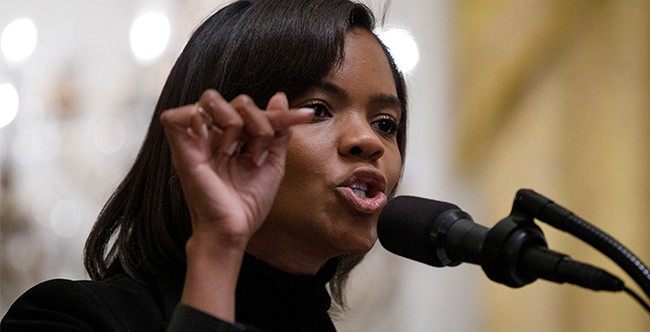Vindicated by his decisive victory in the 2024 presidential election, it would have been easy for Donald Trump to quietly ride into the sunset of his second term.
With his electoral mandate augmented by a honeymoon period and Biden’s easy act to follow, he could have competently secured our border, ended inflation, rebuilt our military, returned energy independence, and reinvigorated our inflation-ravaged economy.
But rather than kicking the can of unfair trading practices down the road, his tit-for-tat tariff strategy, causing an emotionally driven yet temporary economic downturn, has supercharged a wave of left-wing criticism.
And in willingly accepting that predictable outcome, his decision to right the enduring wrongs of unfair trading practices has been a visionary master class in doing what must be done.
The rationale for Trump’s Liberation Day tariff policy should be clear for anyone with even the slightest knowledge of economics in general and world trade in particular.
At the least, tariffs can be used as a negotiating tool for more favorable trade agreements and to protect domestic industries from unfair foreign competition by encouraging consumers to buy home-grown goods.
In doing so, manufacturing increases, unemployment falls, and tax revenues surge.
Even now, our newly minted tariff schedule is estimated to increase federal revenue by roughly three billion dollars a day.
Moreover, raising tariffs or even threats to do so can force trading partners to create fairer market access by ending currency manipulation, removing quota restrictions on incoming products, and reducing tariffs on American goods.
However, as is the case in virtually all endeavors, the benefits of counteracting unfair practices can risk some immediate negative but short-lived consequences: Stock market volatility, rising prices of some foreign-sourced goods, and retaliatory trade measures, such as those currently enacted by China, would be foremost on that list.
Yet, those gambles would only be worth taking if, comparatively speaking, current trading policies were undeniably and intolerably unfair.
In contrasting the administration’s recent tariff initiatives with our long and complicit history of accepting trading partner exploitation, only the most naively unaware Trump haters could dispute that conclusion.
In fact, if our former intent was to be fleeced, we couldn’t have done a better job. And yet, even now, Trump’s most recent tariff proposals are beyond fair and reasonable.
In comparing our new tariffs with the current import duties of 185 nations, 115 would pay the same percentage as what America now pays, and 60 would still charge our producers double the rate their products face entering the United States.
Additionally, a few nations would tax American imports slightly more than we tax their goods, and the tariff rate of one country, Afghanistan, is five times higher than our comparative levy.
And with the new tariff rates publicized for less than three weeks, out of those 185 nations, there was only one in which our tariff demands were higher than theirs: That nation was China.
So, fearing the United States’ new, more equitable trade posture, it is unsurprising that many countries are now willing to lower or perhaps enact zero-for-zero tariff rates.
Yet, even now, the left continues to downplay our decades-long tariff imbalance and Trump’s role in bringing nations to the negotiating table.
After announcing a 90-day pause in his tariff implementation for nations willing to discuss fairer trade policies, the legacy media has been positively gleeful in calling the president’s actions a capitulation, a humiliation, or a surrender.
How do these so-called journalists know that the tariff freeze was not part of the president’s plan all along? Or if not, how isn’t it laudable to make changes “on the fly” to ensure better results, rather than rigidly adhering to past practice?
And does anyone smarter than a mosquito seriously believe that nations short-changing us for decades that are now suddenly willing to play fair — or at least fairer — is just coincidental, having nothing to do with the president’s hardball actions?
But while it is yet unknown how Trump’s tariff gambit will ultimately conclude, one result will not occur by chance, and that is, in the months ahead, when the economy likely rebounds in response to his refusal to kick the trade imbalance can down the road, progressive retractions for their currently hyperbolic criticisms will be silent until finding some new target to short-sightedly attack.
Of that, we can be certain.
The views expressed in this opinion article are those of their author and are not necessarily either shared or endorsed by the owners of this website. If you are interested in contributing an Op-Ed to The Western Journal, you can learn about our submission guidelines and process here.
Advertise with The Western Journal and reach millions of highly engaged readers, while supporting our work. Advertise Today.









